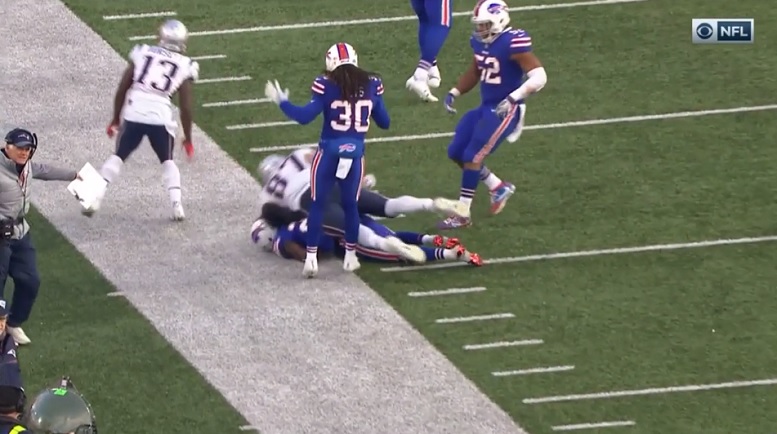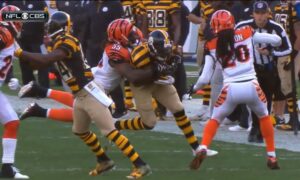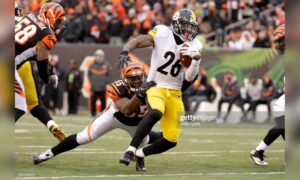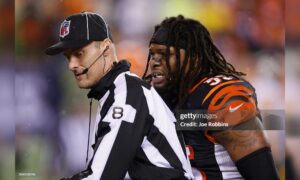I spent some time last week trying to shed some more light on rule changes that passed this year without being the beneficiary of all the attention sucked up by the new catch rule and the lowering the helmet rule, which has once against brought out the doomsayers who believe it will be the end of football as we know it (again).
I talked about how teams that are still active in the playoffs will now be permitted to agree to contracts with qualifying free agents to Reserve/Future contracts, when previously their season must have concluded before they could make such deals.
I talked about how, at least for the 2018 season, teams can now technically make contact with a player signed with another team provided that the team officially made it known that they intend to release him. This applies to vested veterans prior to the trade deadline, when they would not be subject to waivers.
I also pointed out that the NFL fixed a major glitch in their rules pertaining to overtime that would have allowed a team to lose a game on a play on which they scored what otherwise would have been a game-winning touchdown. It’s a scenario unlikely to ever occur in the first place, but now if it actually happens, the right team would win.
All of these rules pale in significance to the addition to Rule 15, Section 2, Article 2: Replay Official’s Request For Review. This section pertains to the use of the review system by the officiating headquarters, regarding primarily scoring plays, turnovers, overtime, and after two-minute warnings.
An addition to the rule last season essentially transferred the ultimate decision about what a ruling in a review would be over to the officiating headquarters rather than the on-field official. Another addition increases the power and authority of headquarters by giving them the freedom to disqualify players that were not even penalized.
“Those players who were not penalized, but who engaged in non-football acts that were determined to be flagrant and directly related to the foul called on the field, may also be disqualified by the designated member of the Officiating department”.
They did try to limit the scope of this power by requiring that a decision be made prior to the on-field official placing the ball back in play, and only the television broadcast footage could be used in order to reach such a decision.
The possible ejections discussed above are regarding non-football acts on the field that are considered to be flagrant. A number of players were ejected for such behavior last season, including Marshawn Lynch, Vontaze Burfict, A.J. Green, Jalen Ramsey, and Mike Evans.
There were a number of opportunities in similar situations that did not result in ejections, however, the most egregious being Rob Gronkowski, so we may see even more players ejected for non-football acts in the future under this new rule. This is entirely separate for possible ejections stemming from the new lowering the helmet rule, which legislates actual football acts.








